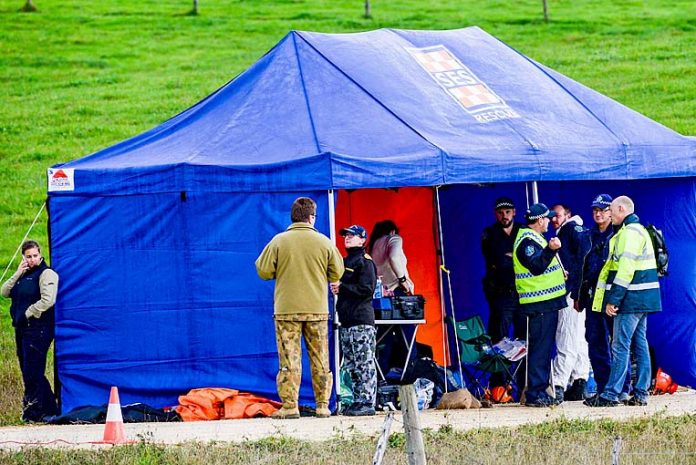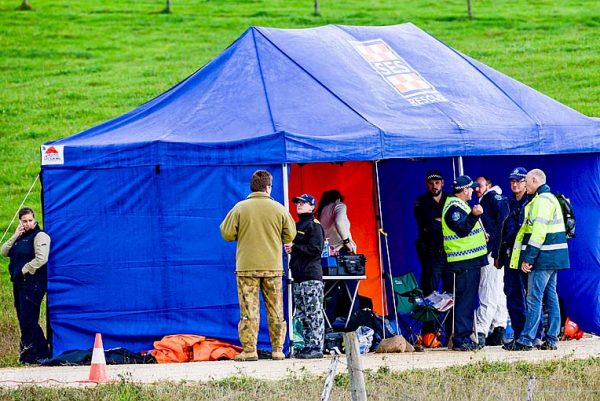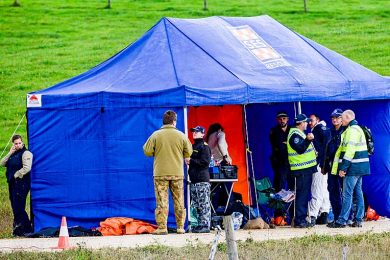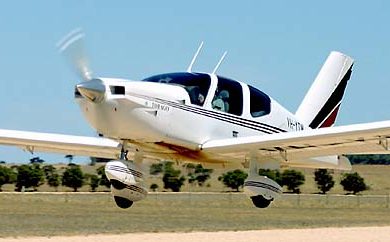

THE Australian transport safety watchdog has stood by its report into the 2017 Angel Flight crash north of Mount Gambier during intense questioning at a senate committee hearing.
The Senate Standing Committee on Rural and Regional Affairs and Transport is probing the statistical data in the report that claims Angel Flight has an accident rate seven times higher than other private operations.
The bureau’s chief commissioner Greg Hood – who was grilled by the committee’s members – was steadfast in his support of the data and recommendations.
“On behalf of the ATSB, I would like to reiterate our deepest sympathy to the family and friends of the pilot of the aircraft and the family and friends of the teenage girl and her mother killed in this accident,” Mr Hood said during the hearing.
“This is why we investigate; to help prevent future similar accidents,” Mr Hood said.
“Given that this investigation involved a community service flight undertaken for Angel Flight, let me also state the ATSB has great sympathy for the role the organisation plays in providing transport to make life better for people in rural and regional areas with health issues who need to travel to the city for a medical appointments and treatment.”
He said the report was also not a blight on volunteer pilots who conducted these flights daily and, for the majority of the time, safely.
“Our intent is to work with organisations who have the ability to allow this to continue as safely as possible,” Mr Hood said.

“It is those rural and regional people who are at the heart of the safety actions that we are encouraging Angel Flight and CASA to take so they are not exposed to unnecessary levels of risk as passengers on community service flights.
“We are pleased that some safety action has already been initiated and we would like to encourage more. Similar encouragement from this inquiry can improve safety further.”
Mr Hood told the hearing the bureau was independent.
“We are independent of regulators and we are independent of industry. Secondly, we take a no-blame approach to investigations and we focus on systemic safety factors, not on the one-off actions of individuals,” he said.
“We seek to understand what regulatory and organisational risk controls could be put in place to reduce the chance of future incidents and accidents.”
He said their investigation into the accident “looked beyond” the fact the pilot took off in poor weather, without the qualifications and experience to do so.
“We are seeking to prevent similar accidents in the future,” Mr Hood said.
“The ATSB’s methodology was recognised as best practice by the Canadian Transport Safety Board in its independent review of the ATSB in 2014.
“We consistently apply our approach using a team of investigators with an array of different backgrounds, multiple levels of review and scrutiny, a natural justice process with external parties – and that includes Angel Flight and CASA in this case – and a commission approval process.
“This rigour ensures our investigation reports are fair, balanced and factually correct.”
He said the bureau had called for reasonable and achievable safety actions.
“Angel Flight has accepted and is currently developing processes to address the safety issue relating to the additional risks associated with community service flights.”









